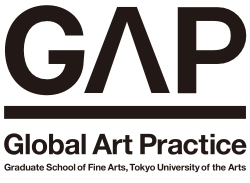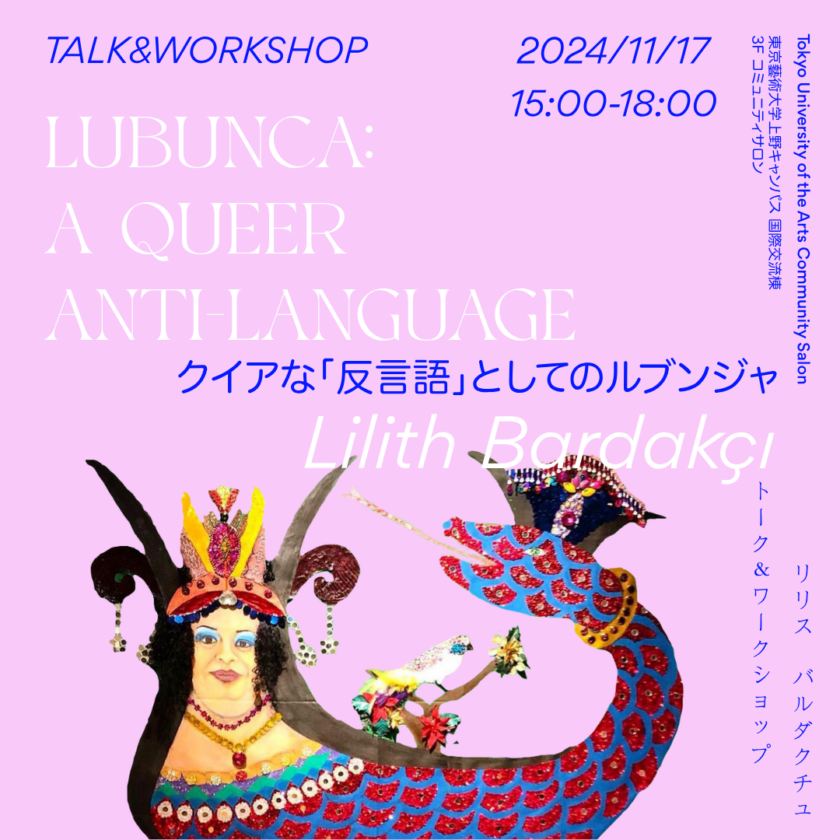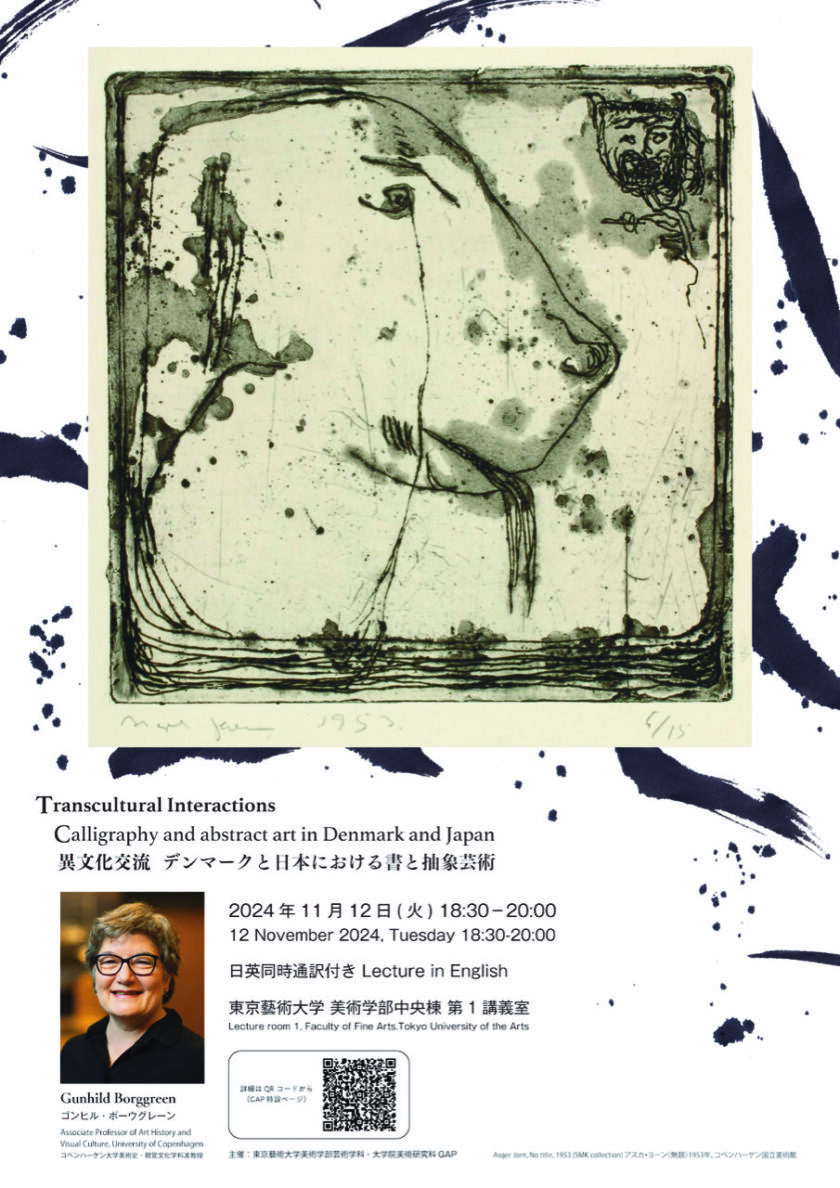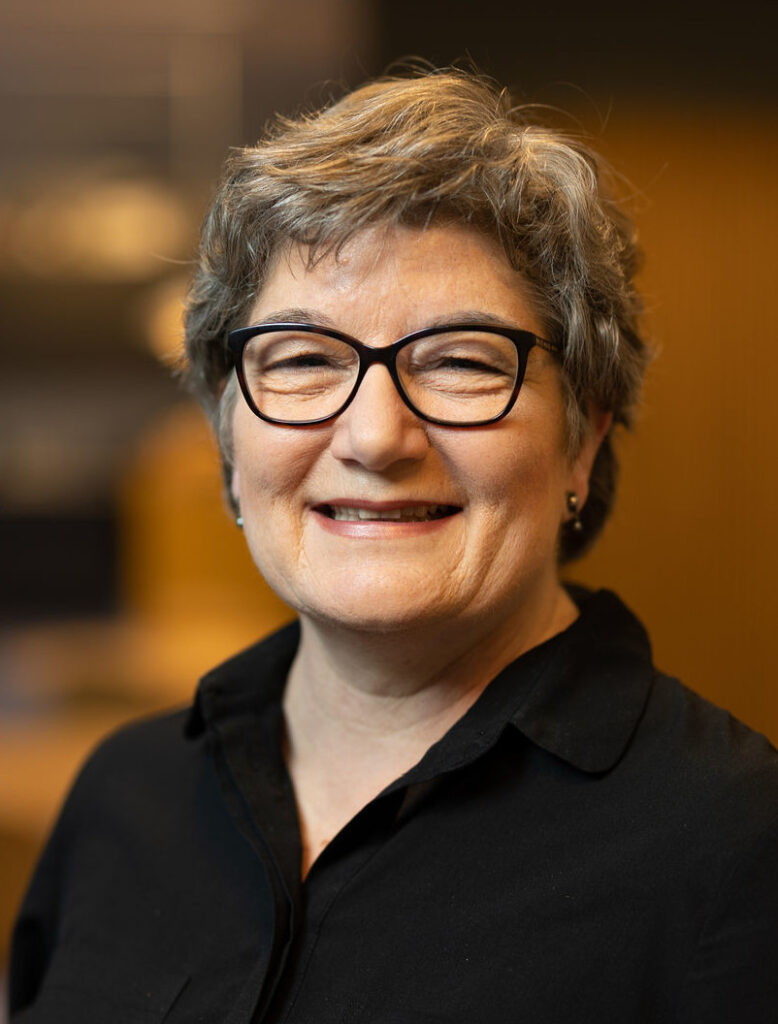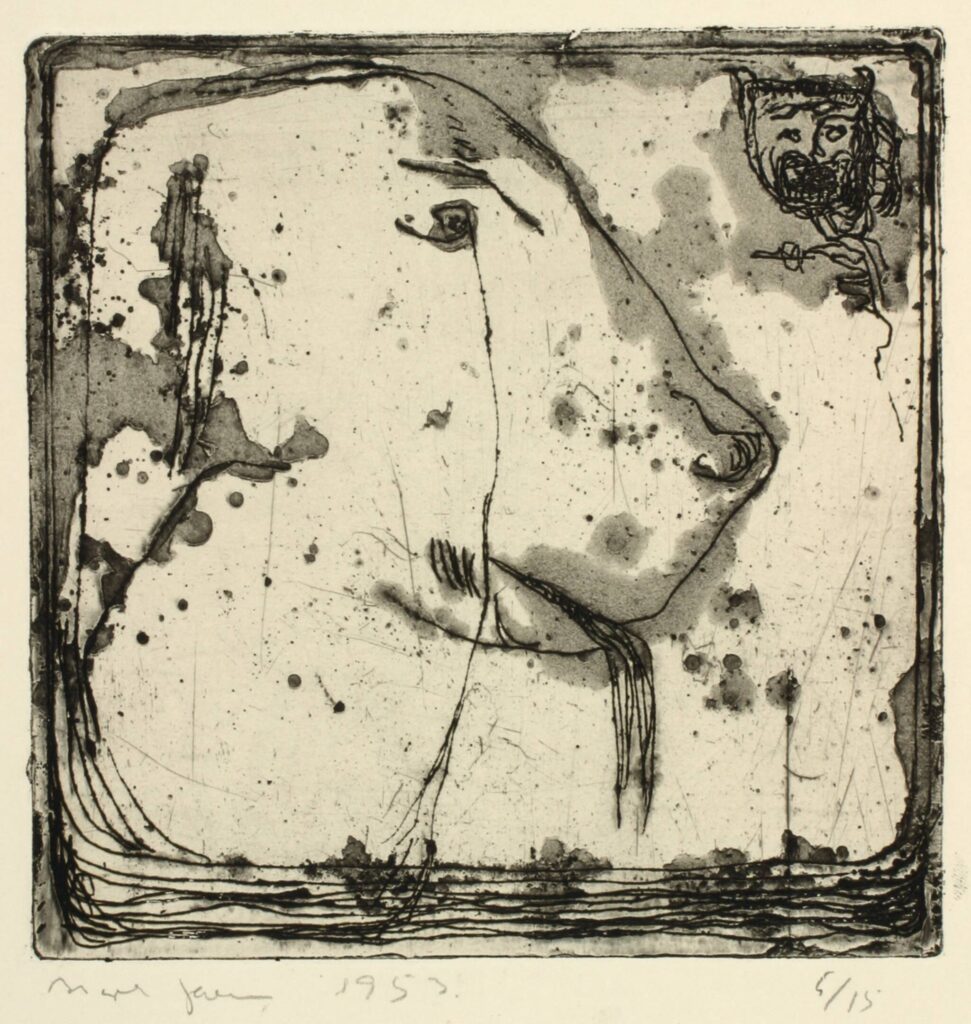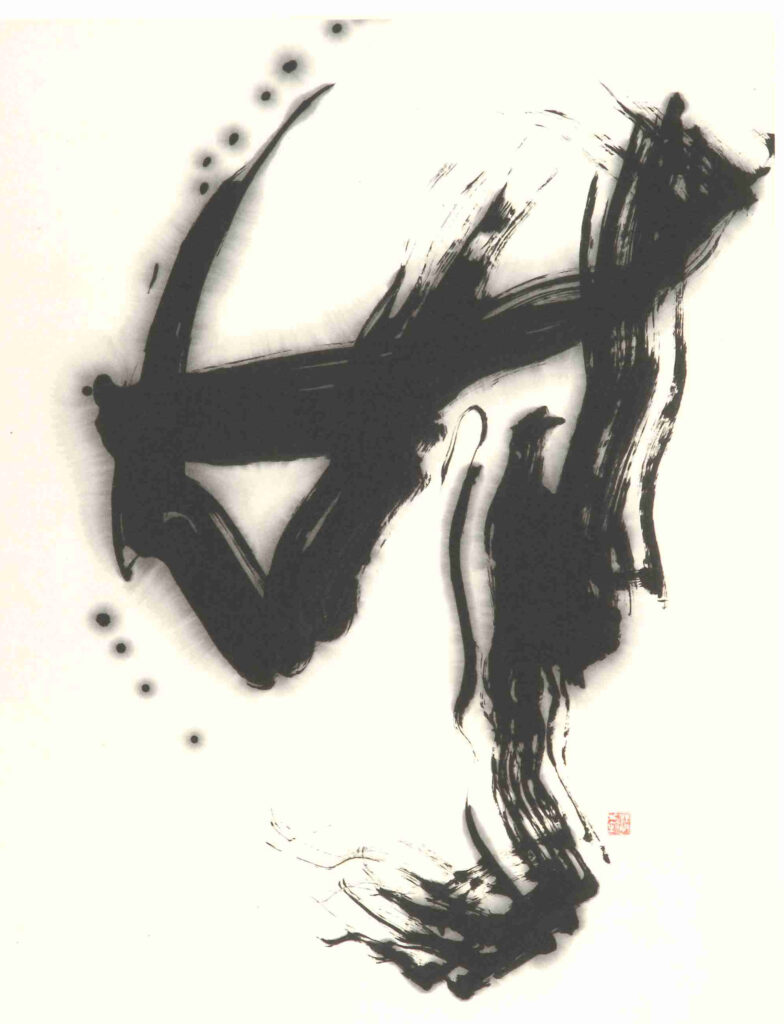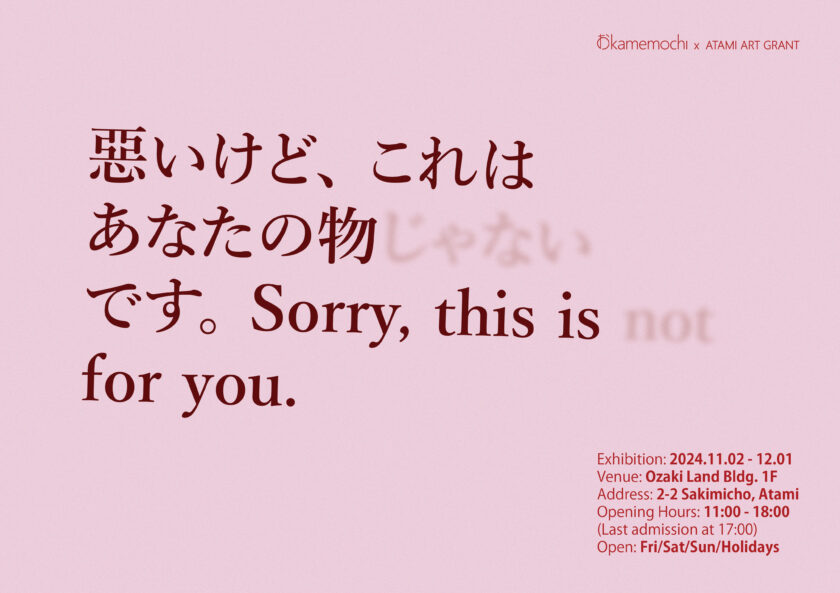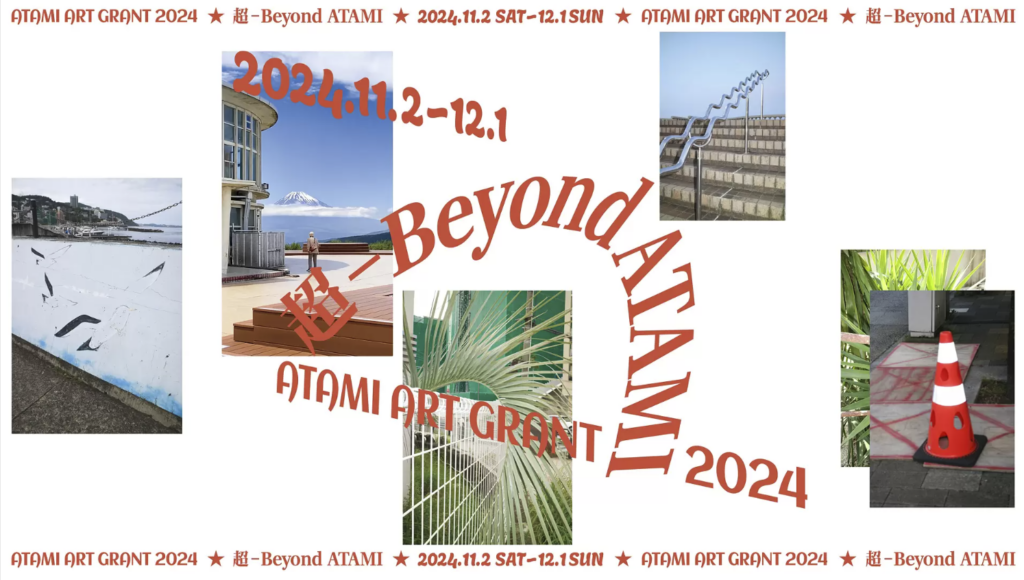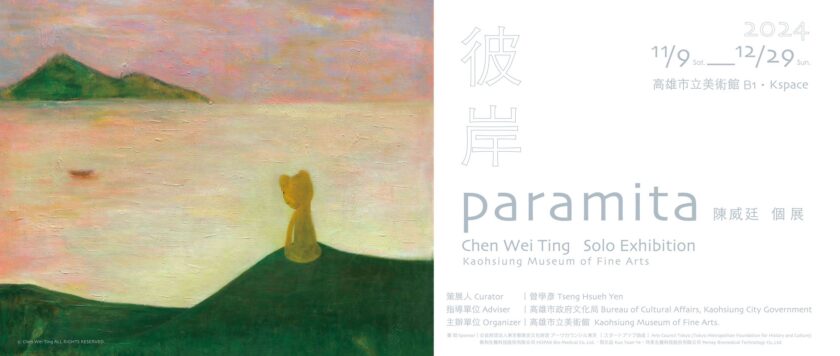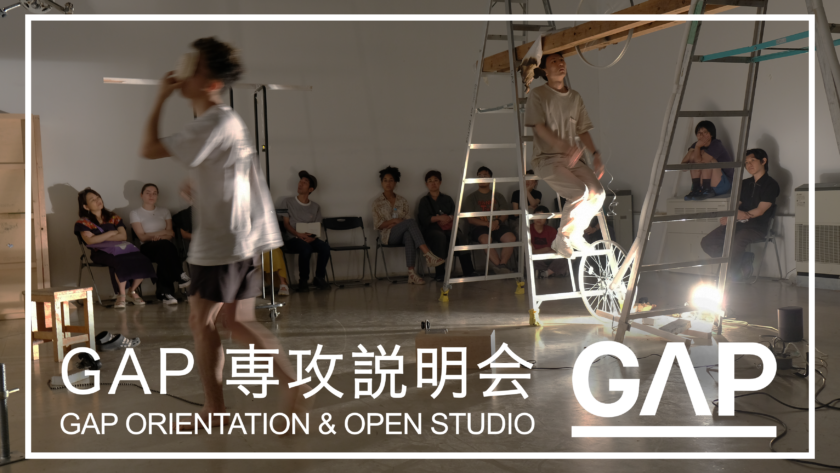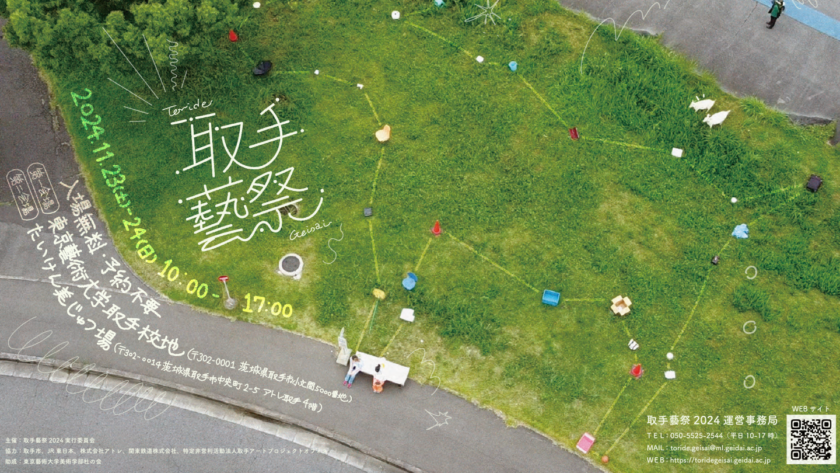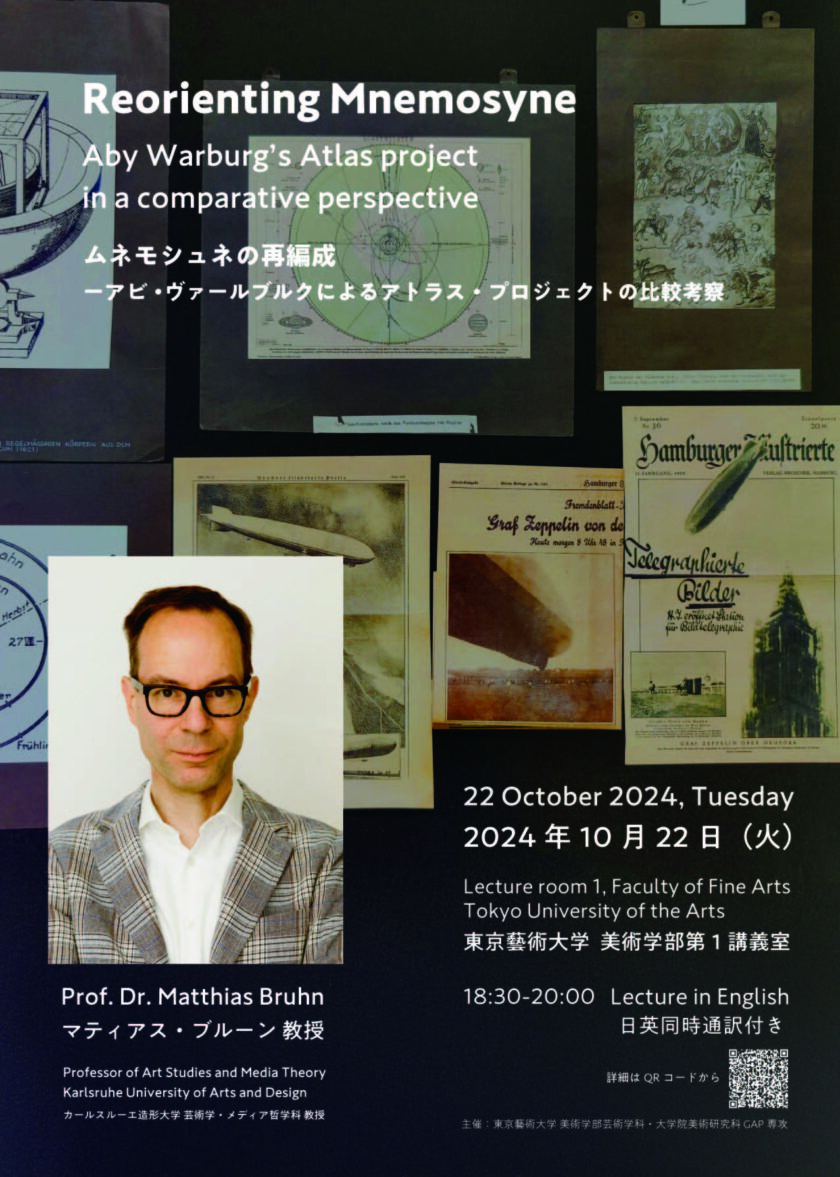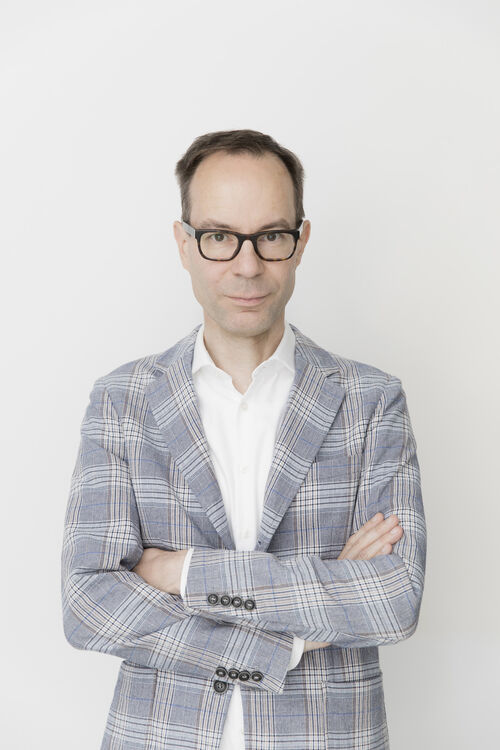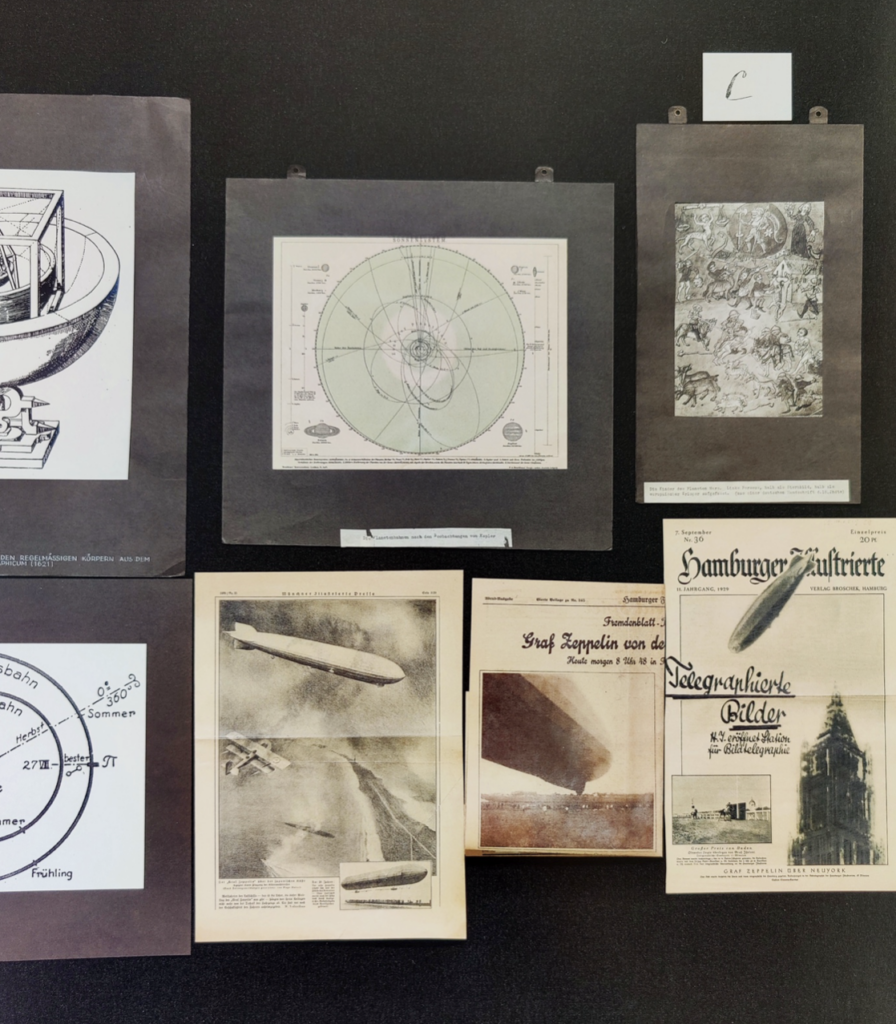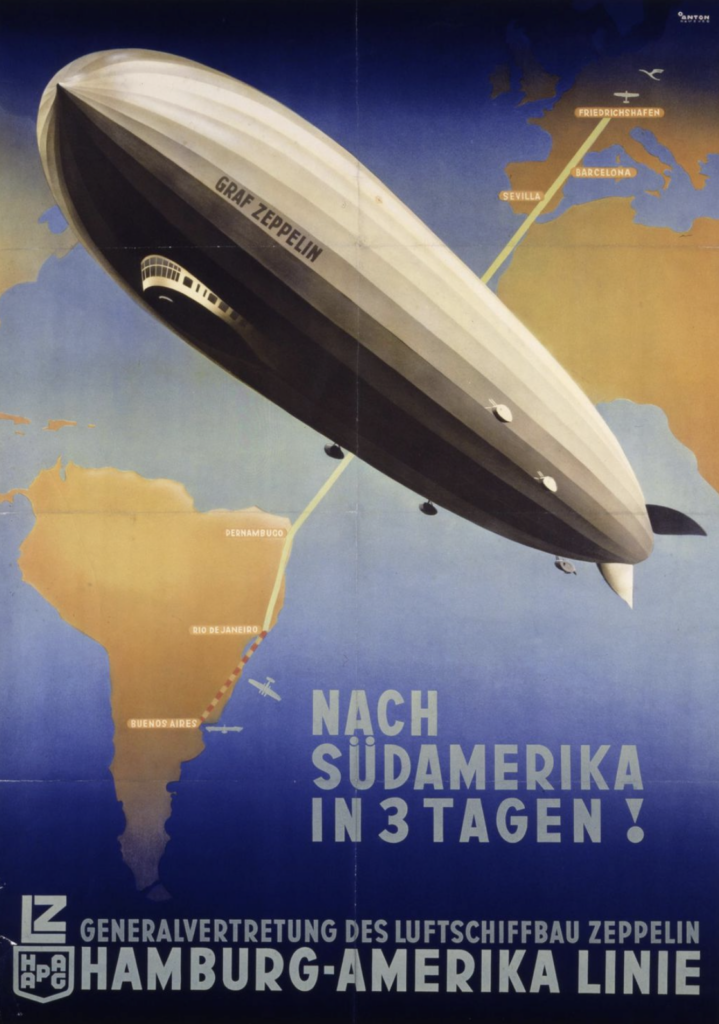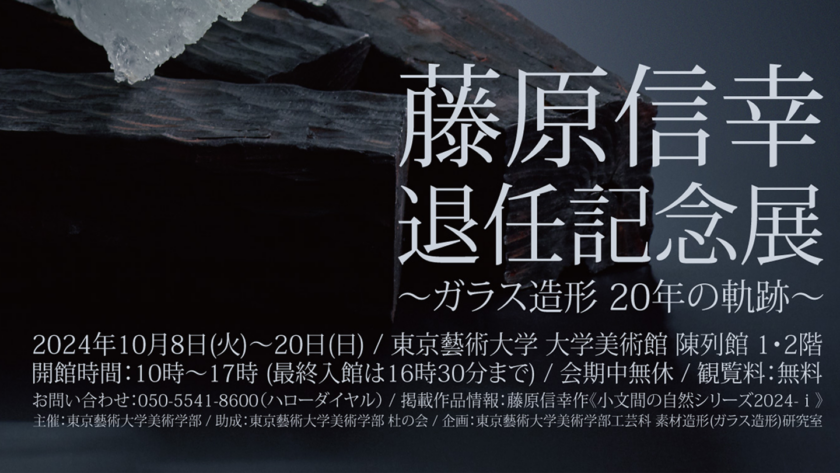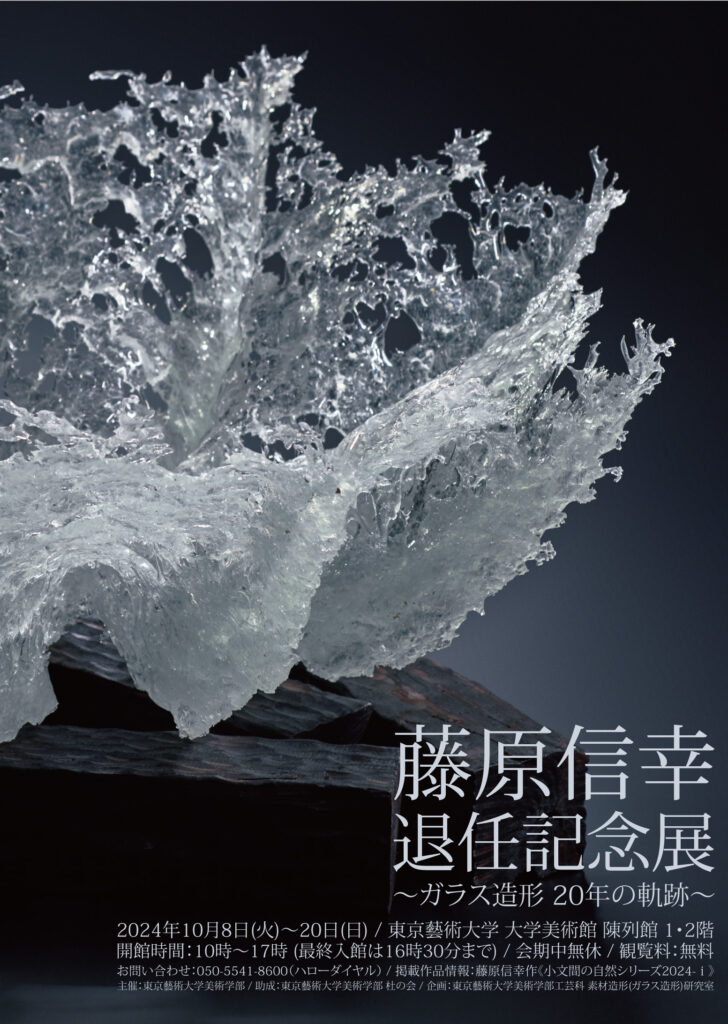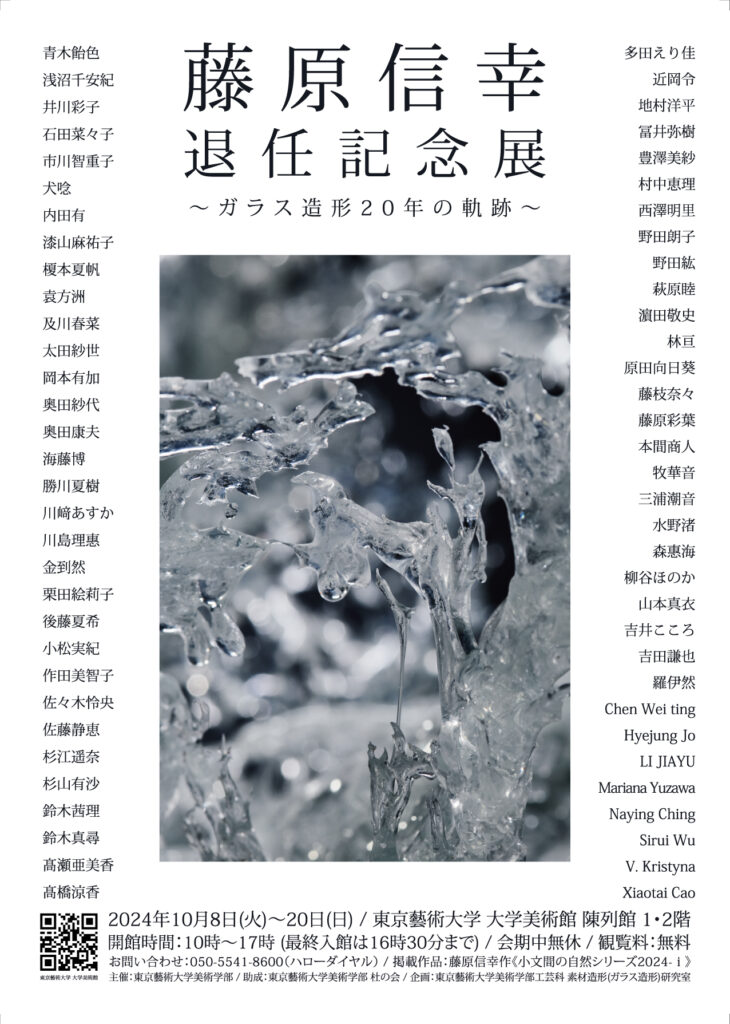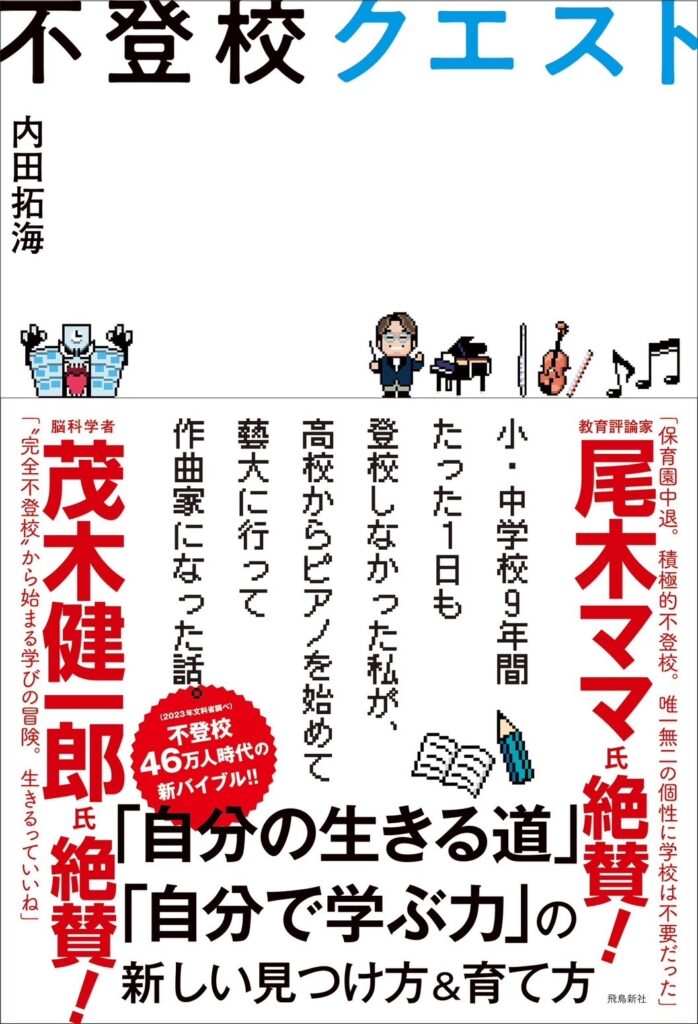Overview / 企画概要
Guest|ゲスト: Lilith Bardakçı (online)| リリス・バルダクチュ(オンライン)
After graduating high school in Antakya, a small town in Turkey, Lilith Bardakçı had the opportunity to study at Bogazici University’s Foreign Language Education Department. Bogazici University, renowned for its egalitarian culture, fostered their academic growth and played a pivotal role in their self-discovery. As a trans non-binary individual, they actively engaged with the LGBTI+ Studies Club at the university, assuming leadership roles as vice president and president. Recently, Lilith Bardakçı, an M.A. student at Boğaziçi University’s Linguistics Department, examines language’s connection to gender, sexuality and identities. As an LGBTI+ activist, Lilith explores Lubunca, a language phenomenon shedding light on identity, societal and cultural constructions. As Lilith continues expanding the boundaries of linguistic inquiry, they remain committed to promoting diversity, inclusivity and equity within academic discourse.
リリス・バルダクチュ(Lilith Bardakçı)は、イスタンブールにあるボアズィチ大学の研究者、トランス・ノンバイナリー活動家。学術的な議論における多様性、包括性、公平性の促進に尽力している。
トルコのアンタキヤで高校卒業後、ボアズィチ大学外国語教育学部で学士号を取得、言語学研究科修士課程に進学。言語学的探究の地平を広げることに尽力し、伝統的な境界を超えた様々な研究活動に従事している。活動家としての経験を通して、ほとんど研究されていない隠語「ルブンジャ」に出会う。修士論文では、ルブンジャの記録と特徴に焦点を当て、言語の変化によってアイデンティティとコミュニティが構築される過程を明らかにした。 また、性やジェンダーをめぐる実践や、犯罪や社会階層との関係が多種多様な形をとっているトルコの非規範的なクィアたちが話す「反言語(anti-language)」として、ルブンジャを再定義した。
Interpreter | 通訳: Yume Morimoto 森本優芽
Venue|会場:
Tokyo University of the Arts Ueno Campus TAKI Plaza 3F Community Salon
東京藝術大学上野キャンパス 国際交流棟3Fコミュニティサロン
Dates|日時:
2024. 11.17 (Sun・日) 15:00 – 18:00
Capacity|定員:50名
参加無料・要予約(先着順)Admission and Booking:
Free of charge, reservations required (first-come, first-served):
https://docs.google.com/forms/d/e/1FAIpQLSdKV-Xby9AGCNQH4dfdcNmXjcC5d7qMfGbfzqkThlEf2V7Sbg/viewform
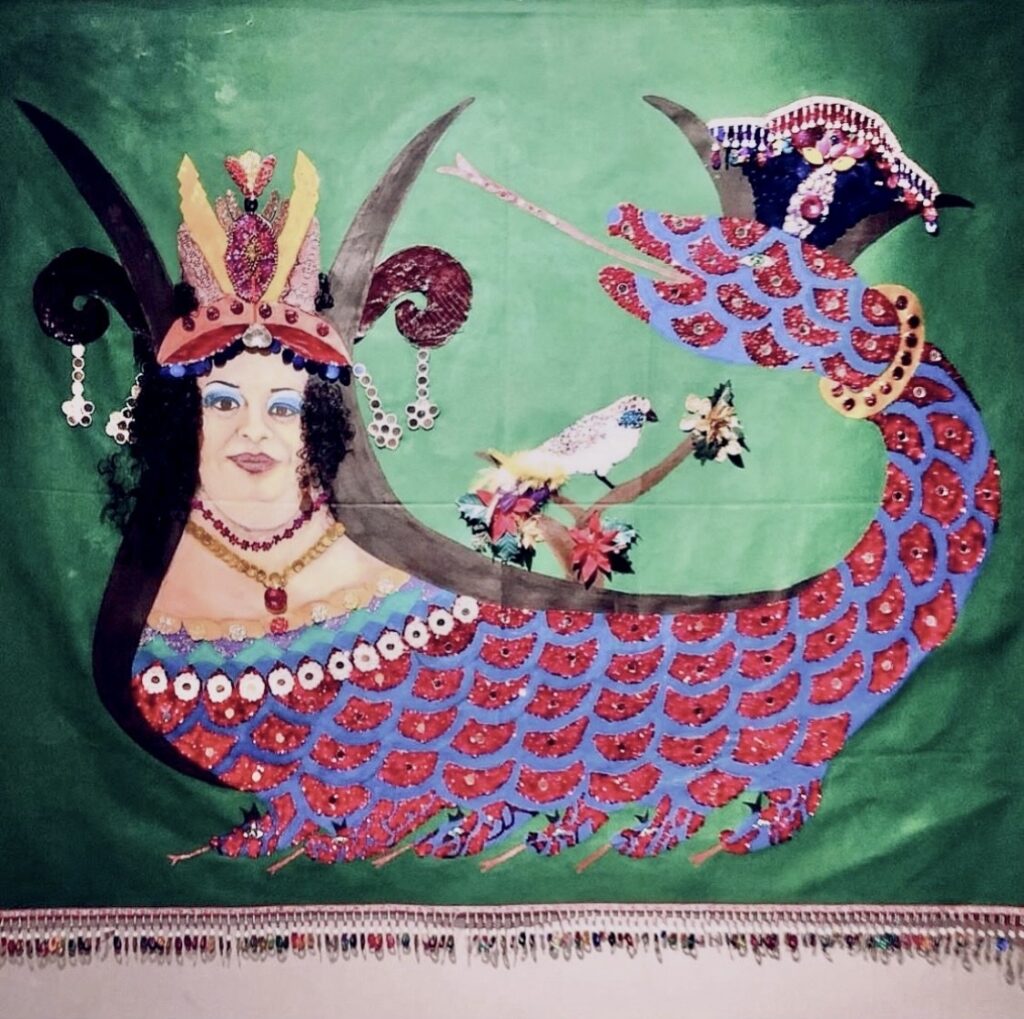
Event Contents / 企画内容
Lubunca: A Queer Anti-Language discusses the multifaceted world of Lubunca. Having been defined in multiple ways—as a slang spoken by some gay men and trans women, a jargon used by sex workers, a gay slang, a queer slang variety, and an LGBTQ slang variety — Lubunca embodies the vibrant identity and resistance within Turkey’s queer community. Lilith Bardakçı terms it an anti-language spoken by Lubunyas, as it reveals a resilient reality distinct from the hegemonic societal norms. The term ‘Lubunya’ extends beyond categories like gay, lesbian, or trans, representing queer individuals who live beyond conventional Turkish societal structures and embrace non-normative lifestyles.
Bardakçı will unveil the etymological roots and historical context of Lubunca, as well as discussing its sociolinguistic functions and its role as a tool for secrecy and solidarity. Key insights reveal Lubunca’s critical role in facilitating discreet communication among queer individuals about sensitive issues, thus protecting the community from societal and legal repercussions. As noted by Nicholas Kontovas, Beyoğlu (Istanbul, Turkey), the birthplace of Lubunca, was a hub for many gay and transgender sex workers, along with non- Muslim minorities like the Romani. Lubunca allowed these groups to unite in resistance against Turkish law enforcement. Today, it continues to exclude non- members while discussing sexual and criminal matters. Lubunca also serves as a dynamic instrument for gender performance, empowering LGBTI+ activists and YouTubers to enhance their visibility and assert their identities in public and media spaces. Delving deeper, the talk will examine how Lubunca constructs an alternative reality for its speakers. As Bardakçı suggests, in line with Halliday’s concept of anti-languages, Lubunca relexicalizes Turkish to create and sustain an anti-society where conventional ideas of sex, gender, sexuality, crime, and social hierarchy are redefined. Ülker Street Culture exemplifies this resilient reality, similar to the ‘second-life’ described by Adam Podgorecki.
In this session, Bardakçı will offer an in-depth definition of Lubunca, framing it as an anti-language that not only ensures secrecy but also facilitates the expression and preservation of a distinct queer identity and reality. It peels back the layers of Lubunca and discovers its profound impact on Turkey’s queer community. Additionally, a workshop will be held, providing an interactive and playful way to explore and co-learn how perceptions of gender and sexuality among Lubunyas have evolved over time and how this evolution has influenced the development of Lubunca.
『クイアな「反言語」としてのルブンジャ』は、「ルブンジャ」の多様な側面について探求するイベントです。ルブンジャとは、一部のゲイ男性やトランス女性が話すスラング、セックスワーカーが使う隠語、ゲイ・スラング、クィア・スラング、LGBTQ スラングなどといった、さまざまな形で定義されてきました。同時に、トルコのクィア・コミュニティにおけるアイデンティティと抵抗を体現しているものでもあります。本イベントのゲストであるリリス・バルダクチュは、ルブンジャは「ルブンヤ」によって話される「反言語」であり、 この反言語としてのルブンジャは覇権的な社会規範とは異なるルブンヤたちの現実を明らかにするものだと述べています。ここでいう「ルブンヤ」とは、ゲイ、レズビアン、トランスといったカテゴリーを超え、非規範的な生き方をするクィアな主体を意味する言葉です。
バルダクチュはトークセッションで、ルブンジャの単語の語源やその歴史的背景をめぐる解説を行うとともに、ルブンジャの社会言語学的機能や、プライバシーと連帯の手段としての役割について論じます。ルブンジャをめぐる先行研究において、ルブンジャはクィア主体間のコミュニケーションを容易にし、クィア・コミュニティを社会的もしくは法的な制裁から守る役割を果たしているといわれています。Kontovasが指摘するように、ルブンジャの発祥地であるイスタンブールのベイオール地区は、ゲイやトランスジェンダーのセックスワーカーが多くいた場所であり、また、ロマの人々をはじめとする非イスラム教徒も多く住む地域でもありました。ルブンジャを通じて、こういった数々の集団が連帯し、政府の法的執行や処罰に対抗する機会を得ることができました。今日では、ルブンジャはコミュニティ外の人を排除しながらも、性的なことや犯罪をめぐる課題を議論する言語媒体となっています。さらに、ジェンダー・パフォーマンスにおいて使用される動的な道具ともなりました。例えば、LGBTI+の活動家やYouTuberが、ルブンジャを話すことによって、公共空間やメディアにおいて自分たちの可視性を高めています。本イベントでは、ルブンジャについてさらに深く考え、それが話されることによって新たな現実が構成される過程を明らかにします。バルダクチュは、Hallidayの「反言語」概念に沿って、ルブンジャはトルコ語の構造をもとにしながら、語彙を変えていき、性、ジェンダー、犯罪や社会階級などをめぐる規範が再定義される「対抗社会」を形成すると指摘します。イスタンブールのÜlker通り(多くのクィアなセックスワーカーが以前住んでいた場所)の文化がこういった「対抗社会」を具現化していることは、Podgoreckiの「セカンドライフ(second-life)」概念とも類似しているといえます。
今回のセッションでは、バルダクチュがルブンジャを定義した上で、それが秘密やプライバシーを保証するだけでなく、独特のクィア・アイデンティティの表現と保存を促進する反言語として、ルブンジャを位置づけます。さらに、ワークショップを通じて、ルブンヤたちのジェンダーと性に対する認識がどのような変遷を辿ってきたのか、そして、このような変遷がルブンジャという反言語の発展にどのような影響を与えてきたのかを、参加者とともに探求し、遊び心をもって学び合います。
Project Context|企画文脈
≫ (O)Kamemochi Co-Learning Sessions
Often time in the art world, the end results overpowered the desire for knowledge exchange and curiosity towards the creation of a field of practice. Through the collaborative learning process, (O)Kamemochi tries to find ways to avoid compartmentalisation. Embracing each other means embracing the different interests of each member to develop a deeper understanding of our commons. The co-learning program was born out of our casual discussion and self-organised into multiple co-learning sessions on various topics surrounding our overarching curiosity towards practising care through communication. We hope our dedication to inclusive co-learning sessions can multiply and enrich artistic, fragile, and experimental practice through dialoguing with others around new imagination generated, and set directions towards the worlds we want to inhabit.
≫ (O)KamemochiのCo-Learning Sessionsとは?
アートの世界ではしばしば、知識の交換や実験的な実践に向けた好奇心が最終的に打ち消されてしまうことがあります。アート・コレクティブ(O)Kamemochiは、コラーニング(共同学習)のプロセスを通し、分節を回避する方法を見つけようとしています。互いを受け入れることは、コモンズに対する理解を深めるため、自分とは異なる「他者」の関心を受け入れることを意味します。私たちのコラーニング・プログラムは、メンバー間での何気ない会話から生まれました。私たちの興味の中心である「コミュニケーションを通じてケアを実践する」ことにまつわる様々なトピックについての会話が、コラーニング・セッションへと自律したのです。本企画の包括的な取り組みが、「他者」と対話し生まれる新しいイマジネーションと、芸術的で壊れやすくも実験的な実践を豊かにし、私たちが住みたいと思う世界への方向性を示すことを願っています。
≫ 今回のCo-Learning Session vol.2について
For vol.2, we invite Lilith Bardakçı to talk about ”Lubunca”, an anti-language spoken by queer community in Turkey.
今回のコラーニング・セッションvol.2では、リリス・バルダクチュをお招きし、トルコのクィア・コミュニティで用いられている反言語(アンチ・ランゲージ:特定の集団が主流の社会とは異なる価値観やルールに基づいて形成する言語や社会のこと)である「ルブンジャ(Lubunca)」についてお話いただきます。
トークイベント終了後、ワークショップを開催します。トークイベントにご参加いただいた方々が交流しながら、クリエイティブな実践を通して各々の考えや視点を共有・交換し、学んだ知識を消化するためのサポートを行います。
Planned by|企画:Gamze Baktir, Osman Serhat Orta
Design|デザイン:Natalie Tsyu (image source: @Dramaqueermedia)
Art management|アートマネジメント:Alissa Osada-Phornsiri (長田ポンシリ・アリサ)
Coordination|コーディネート:Gamze Baktir, Jini
Text Translation|テキスト翻訳:Osman Serhat Orta, Jini
サポーティング亀たち / Supporting Turtles
主催 / Organised by:(O)Kamemochi
共催 / Co-organised by:
東京藝術大学大学院美術研究科グローバルアートプラクティス専攻李美那研究室
Mina Lee Lab. Global Art Practice, Graduate School of Fine Arts, Tokyo University of the Arts
